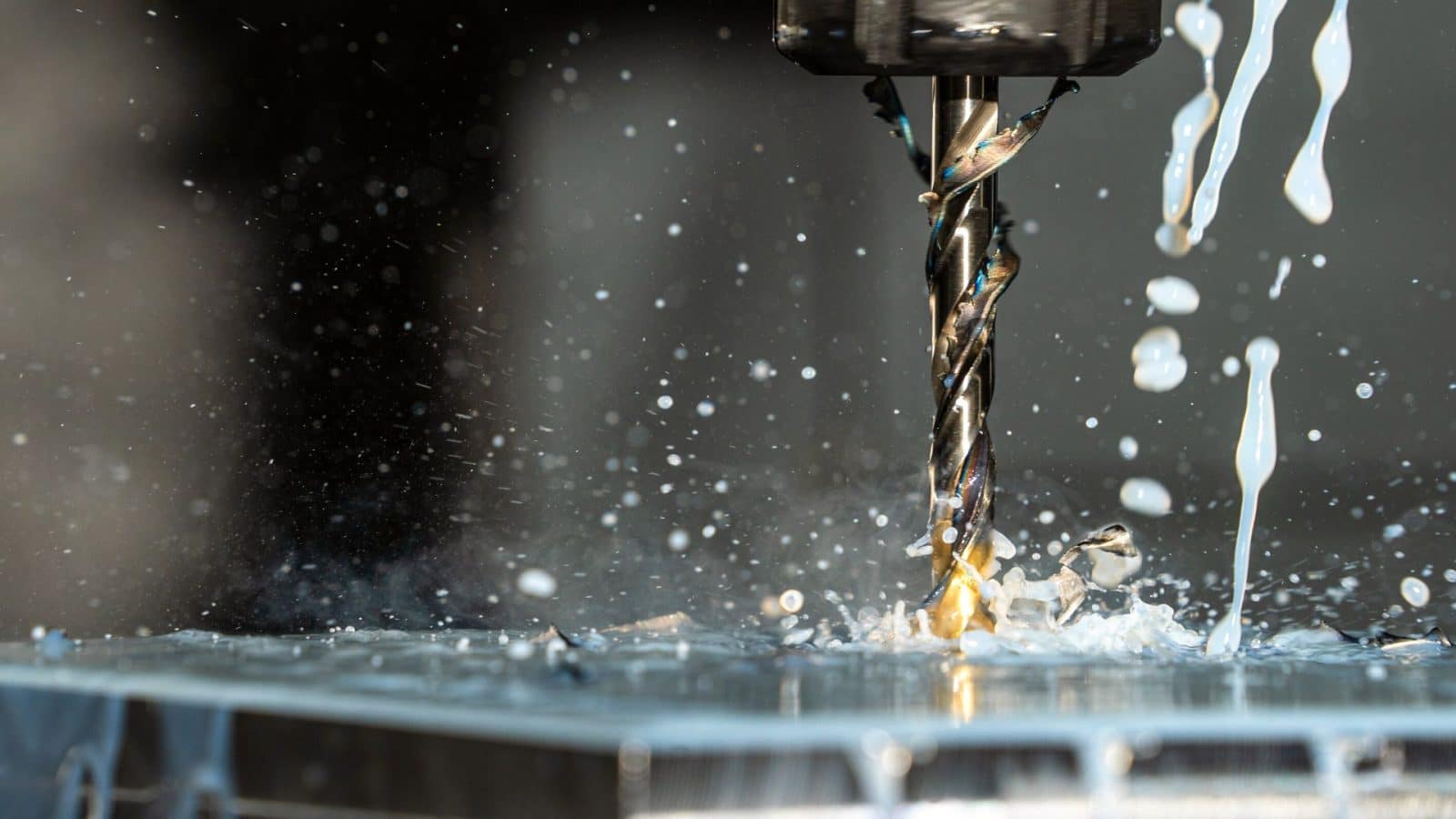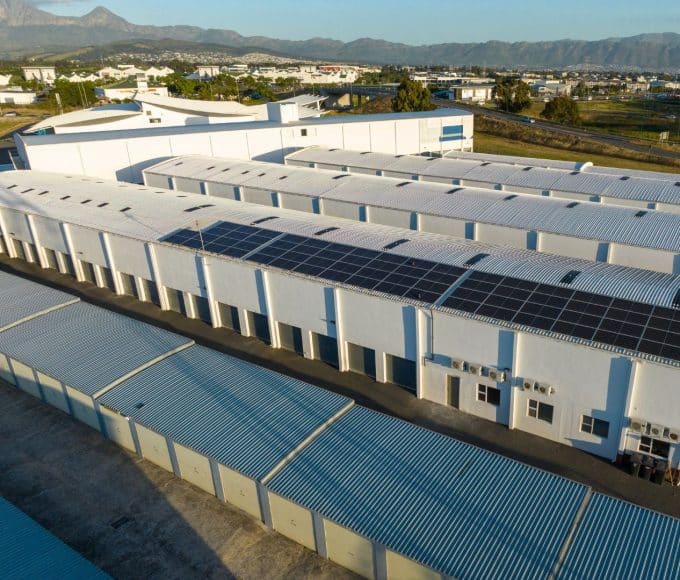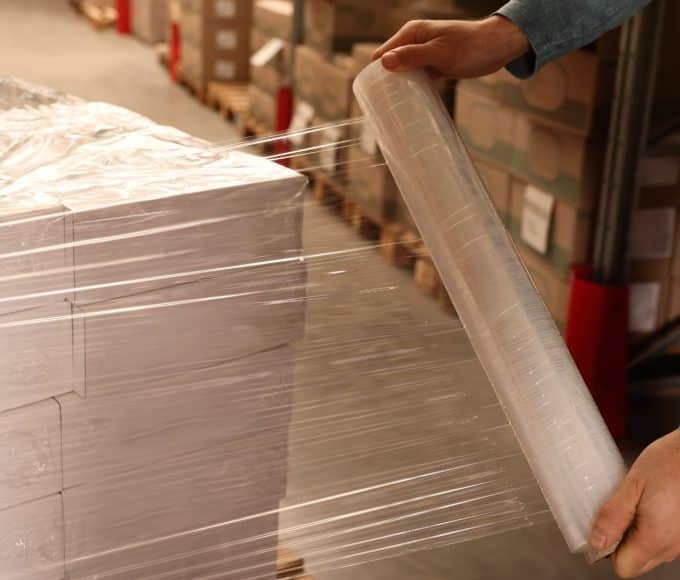As one of the most fundamental techniques in metalworking, drilling plays a crucial role in maintaining the structural integrity and functionality of metal products. Drilling involves creating holes in materials, including metals, using a rotating cutting tool called a drill bit. Metalworkers can create smooth, circular holes of varying diameters and depths, depending on the size and type of the drill bit used. Delve into the importance of drilling in metalworking and explore its various applications, processes, and impacts on the quality of metalwork.
Understanding Drilling in Metalwork
Metalworkers employ several different types of drills, such as hand drills, electric drills, and drill presses, to perform various tasks based on specific needs. Hand drills are manual devices that offer portability and precision, but may require more physical effort and time, especially for larger holes.
On the other hand, electric drills provide more power and speed, making them ideal for heavy-duty tasks, while drill presses stand out for their unmatched accuracy and ability to handle larger workpieces, although they are less portable.
Reasons for Drilling in Metalwork
Drilling serves many purposes in metalwork, all of which contribute to the quality and functionality of the final product. Some of the most common reasons for drilling in metalwork include:
- Creating holes for fasteners: Drilling holes allows for the attachment of various fasteners, such as screws, bolts, and rivets, which help join separate components and provide structural support.
- Installing plumbing and electrical systems: Drilling creates crucial openings for pipes and wires, supporting efficient plumbing and electrical systems.
- Providing ventilation: In some cases, holes must be drilled into metal objects to allow for airflow and proper ventilation, ensuring that certain components remain at optimal temperature and performance levels.
- Precision engineering and manufacturing: Drilling is important for precision engineering and manufacturing projects that require metal parts with fine details and tight tolerances.
The Process of Drilling in Metalwork
Preparing to drill involves selecting the appropriate drill bit and drill type—using a cutting tool compatible with the material is an essential tip for drilling into metal without ruining the drill bit. Then, the metalworker secures the workpiece in a vise or clamp and marks the precise location of the hole.
After the setup, the metalworker starts drilling by applying consistent pressure on the drill while maintaining a steady and controlled speed. This ensures a smooth, clean hole free of rough edges or inaccuracies.
Once finished drilling, the metalworker checks the hole’s accuracy and cleans away any excess debris. Sometimes, the hole may require additional finishing work, such as countersinking or tapping.
Drilling is important in metalworking because it has a broad range of applications, from improving ventilation to providing openings for plumbing and electrical installations. The process demands careful selection of the appropriate drill bit and drill type, meticulous preparation, consistent execution, and thorough cleaning and finishing. Harnessing the potential of this versatile technique effectively enhances the quality, functionality, and overall value of metal products.















